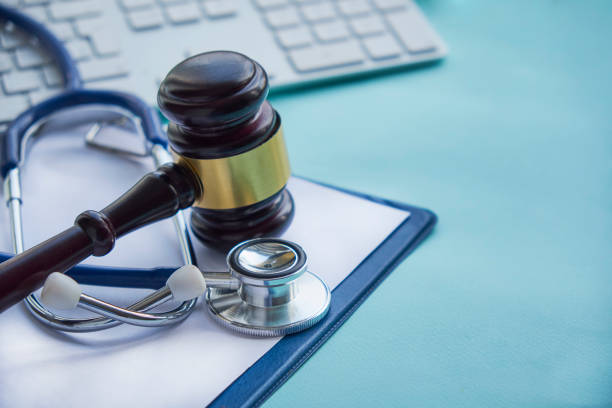The High Stakes of Healthcare Litigation
Medical-legal disputes are a minefield of shifting science, unforgiving timelines, and competing narratives. Standards of care morph as new procedures gain traction, leaving yesterday’s clinical norms suddenly archaic. A single disputed surgical note or overlooked diagnostic scan can swing hundreds of thousands of dollars, tarnish reputations built over decades, and alter lives in irreversible ways. In this arena, evidence is currency, but interpretation is king. The right expert doesn’t just bolster an argument; they redefine the terms of the debate in settlement negotiations and stand as the pivot point in trial verdicts.
The Value of a Healthcare Expert Witness
A healthcare expert witness doesn’t show up to recite jargon. They arrive armed with unbiased analysis, tightly structured reports, and an ability to strip complex medicine down to courtroom-ready clarity. This is not patient care—it is the craft of translating physiology, treatment protocols, and outcomes into a narrative that judges and juries actually absorb. Clinicians may heal, but trained witnesses persuade within the precise boundaries of the legal framework.
Credentials That Signal a Strong Clinical Expert
The best clinical experts stand out immediately. Board certification in the right specialty is non-negotiable. Peer-reviewed publications prove a commitment to advancing the field, not just practicing it. Significant hands-on clinical hours ensure practical credibility. Formal deposition and trial training closes the loop, transforming medical mastery into legal utility. Cross-check their record with medical boards. Read prior reports and testimony to see if their work survives scrutiny beyond their own résumé.
Specialization Matching: Aligning Expertise with Case Facts
Match the problem to the skill set with surgical precision. A spinal surgery dispute belongs with an orthopedic spine specialist, not a general surgeon. A questionable radiology read needs a seasoned radiologist, possibly with subspecialty imaging experience. Pharmaceutical liability requires someone fluent in pharmacokinetics, not just prescribing patterns. Vet for experts who have dissected similar patterns before and can articulate the standard of care as it exists in your exact factual scenario.
Communication Clarity and Unbiased Analysis
Dense medical jargon alienates. A credible expert distills complexity into clean, precise language that loses nothing in accuracy. Bias is poison—avoid those known for aggressive advocacy that overshadows objectivity. Test their delivery. Put them through a mock Q&A or a scripted presentation. Watch for clarity under pressure and a tone that holds authority without veering into theatrics.
Fostering Effective Lawyer-Expert Collaboration
Treat the expert as a strategic partner, not a rented mouthpiece. Engage them early, when case strategy is still malleable. Feed them pleadings and medical records fast so they can internalize context before opinions lock in place. Build a shared outline of key conclusions. Keep communication frequent to adjust to shifting evidence and procedural developments without sacrificing momentum.
Identifying and Avoiding Hiring Red Flags
Watch for weak trial résumés, undeclared conflicts, and a history of opinions tossed by courts. Avoid anyone who promises absolutes—savvy experts speak in measured probabilities. Vet through peers who have worked alongside them. Run an independent background check to confirm the integrity they claim.
Embedding Expert Insight into Trial Playbooks
An expert’s report should be a weapon, not a formality. Structure it with crystal-clear headings and embed visual exhibits that lift the words off the page. Anticipate deposition traps and prep responses that dismantle them. Engaging a medical expert witness early in the litigation process can strengthen your case by ensuring that every factual assertion aligns with recognized clinical standards. In the courtroom, coordinate visuals—timelines that guide the jury’s eyes, annotated imaging that connects directly to testimony—to cement the expert’s authority without drowning the room in abstraction.
Weighing Financial Commitments against Case Goals
Rates vary. Some charge by the hour, others by the day, and still others demand a retainer before lifting a pen. Know which structure matches your budget and tolerance for risk. Push for phased involvement when funds are tight: deposition-only engagement or targeted analysis before committing to full trial support.
From Deposition to Verdict: Getting the Most from Expert Testimony
Arm your expert for cross-examination with hard rehearsals. Attack assumptions, drill hostile questions, and sharpen narrative arcs until they’re immune to derailment. Use demonstratives to anchor jurors’ attention. During direct examination, choreograph exchanges that let the expert teach rather than lecture. The right witness, chosen and integrated with precision, can pull settlement talks toward favorable resolution or tip the trial toward a decisive win.


